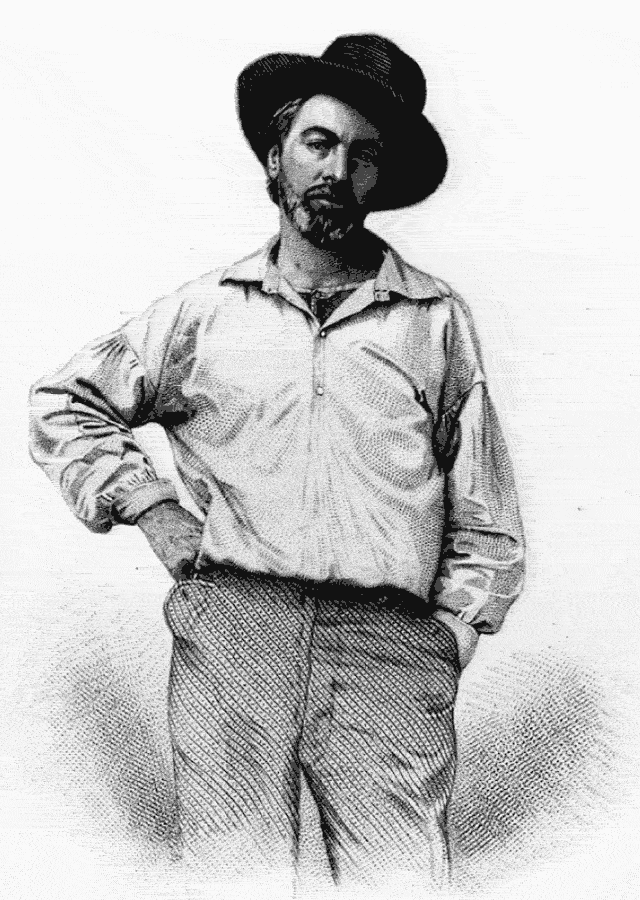 I love this poem, and I hope you will too. Its irreverent and accessible attack on prejudice and bigotry in all its forms is like a breath of fresh air. Even better, click here to hear the poet reading it live. (And you can visit the poet's website here.) Now for the poem:
I love this poem, and I hope you will too. Its irreverent and accessible attack on prejudice and bigotry in all its forms is like a breath of fresh air. Even better, click here to hear the poet reading it live. (And you can visit the poet's website here.) Now for the poem:ASYLUM SEEKING DALEKS!
by Attila The Stockbroker
They claim their planet's dying:
that soon it's going to blow
And so they're coming here - they say
they've nowhere else to go....
With their strange computer voices
and their one eye on a pole
They're moving in next door and then
they're signing on the dole.....
Asylum seeking Daleks
are landing here at noon!
Why can't we simply send them back
or stick them on the moon?
It says here in the Daily Mail
they're coming here to stay -
The Loony Lefties let them in!
The middle class will pay......
They say that they're all pacifists:
that doesn't wash with me!
The last time I saw one I hid
Weeks behind the settee...
Good Lord - they're pink. With purple bumps!
There's photos of them here!
Not just extra-terrestial....
The bloody things are queer!
Yes! Homosexual Daleks
And they're sponging off the State!
With huge Arts Council grants
to teach delinquents how to skate!
It's all here in the paper -
I'd better tell the wife!
For soon they will EXTERMINATE
Our British way of life.....
This satire on crass ignorance
and tabloid-fostered fear
Is at an end. Now let me give
One message, loud and clear.
Golf course, shop floor or BNP:
Smash bigotry and hate!
Asylum seekers - welcome here.
You racists: emigrate!
















